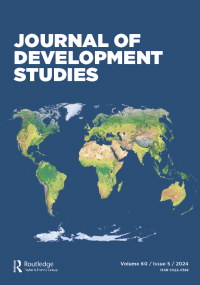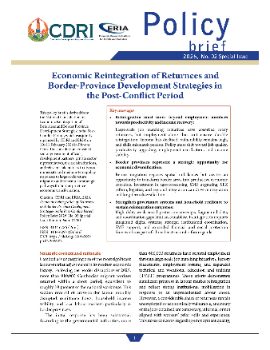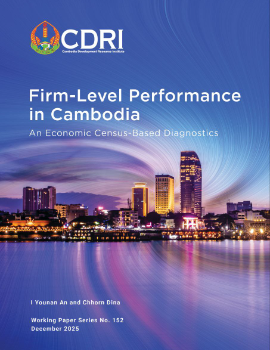
Abstract/Summary
Despite the vast literature on birth-order effects in developing countries, there has been little research on their long-term changes. This study uses three population censuses of Cambodia to investigate how birth order affects educational attainments and how its effects changed over time. We estimate regressions with family fixed effects and cohort fixed effects, and present four findings. First, later-born children are less likely to enroll in primary school and gain literacy skills, and end up with fewer years of schooling than first-born children. Second, controlling for gender differences in education, we find smaller birth-order effects for girls. Third, there is a strong relationship between the gender composition of siblings and birth-order effects. Finally, not only have these birth-order effects attenuated over time but the relationship between the gender composition of siblings and birth-order effects has also changed. In the 1998 census, if the firstborn child is male, his sisters’ educational outcomes are influenced more by their birth order compared with his brothers. In contrast, in the 2019 census, if the firstborn child is male, his sisters' educational outcomes are less susceptible to birth-order effects compared with his brothers. Our findings indicate gendered economic disparities within households and their long-term changes.
Link to the article: https://www.tandfonline.com/doi/full/10.1080/00220388.2024.2337374



